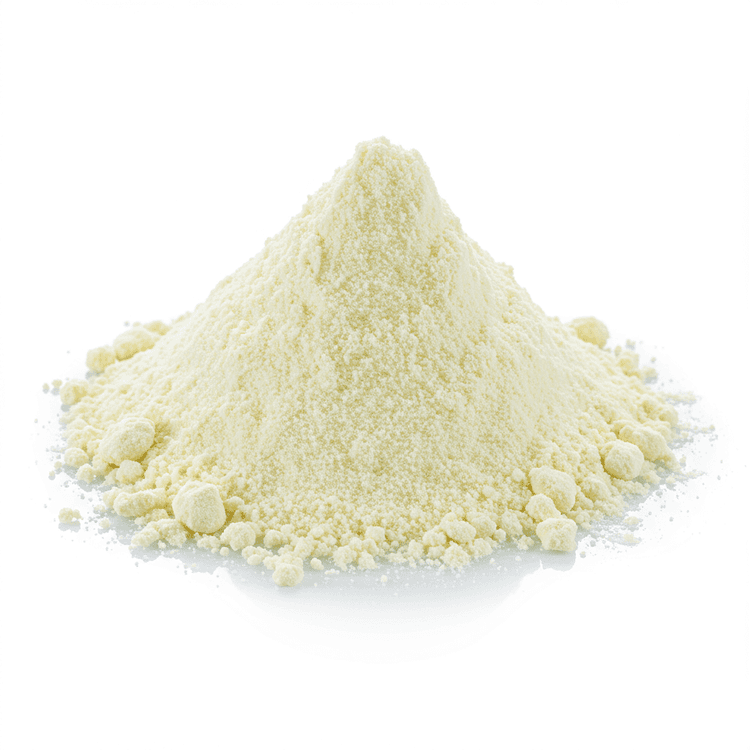
Egg
Eggs are a versatile and nutrient-rich ingredient, widely recognized for their creamy texture, mild flavor, and ability to bind, leaven, and enrich recipes. Available in various sizes and colors, eggs are encased in a smooth shell and contain a yolk and egg white, both of which offer unique culinary properties. Packed with protein, vitamins, and minerals, eggs are a staple in kitchens worldwide, used in everything from baking to savory dishes. Their adaptability makes them essential for creating fluffy cakes, creamy sauces, and hearty breakfasts, making them a must-have ingredient for home cooks and professional chefs alike.
Common Uses
- Used as a binding agent in recipes like meatballs, burgers, and casseroles to hold ingredients together.
- Whipped into egg whites for creating light and airy desserts such as meringues, soufflés, and angel food cakes.
- Scrambled, fried, or poached for quick and nutritious breakfast dishes, often paired with toast or vegetables.
- Incorporated into batters for baked goods like cakes, muffins, and cookies to provide structure and moisture.
- Used in custards, puddings, and sauces like hollandaise to add creaminess and richness.
- Hard-boiled and sliced for salads, sandwiches, or as a standalone snack with seasoning.
Nutrition (per serving)
Nutrition (per serving)
Calories
68.0kcal (3.4%)
Protein
5.5g (11%)
Carbs
0.6g (0.22%)
Sugars
0.6g (1.2%)
Healthy Fat
2.9g
Unhealthy Fat
1.6g
% Daily Value based on a 2000 calorie diet
Nutrition (per serving)
Calories
68.0kcal (3.4%)
Protein
5.5g (11%)
Carbs
0.6g (0.22%)
Sugars
0.6g (1.2%)
Healthy Fat
2.9g
Unhealthy Fat
1.6g
% Daily Value based on a 2000 calorie diet
Health Benefits
- Rich in high-quality protein, supporting muscle growth and repair.
- Contains essential vitamins like B12, riboflavin, and folate for energy and cell health.
- Packed with choline, which supports brain function and memory.
- Provides antioxidants like lutein and zeaxanthin for eye health.
- Low in calories but nutrient-dense, aiding in weight management.
- Supports heart health when consumed in moderation due to healthy fats and nutrients.
Substitutes
Chefadora AI is here.
Experience smarter, stress-free cooking.
Storage Tips
Store eggs in their original carton in the refrigerator to protect them from absorbing odors and to maintain freshness. Keep them at a consistent temperature below 40°F (4°C). Avoid storing eggs in the refrigerator door, as temperature fluctuations can reduce their shelf life. For longer storage, eggs can be frozen by cracking them into airtight containers or freezing them as separated yolks and whites.
Marnirni-apinthi Building, Lot Fourteen,
North Terrace, Adelaide, South Australia, 5000
Australia

